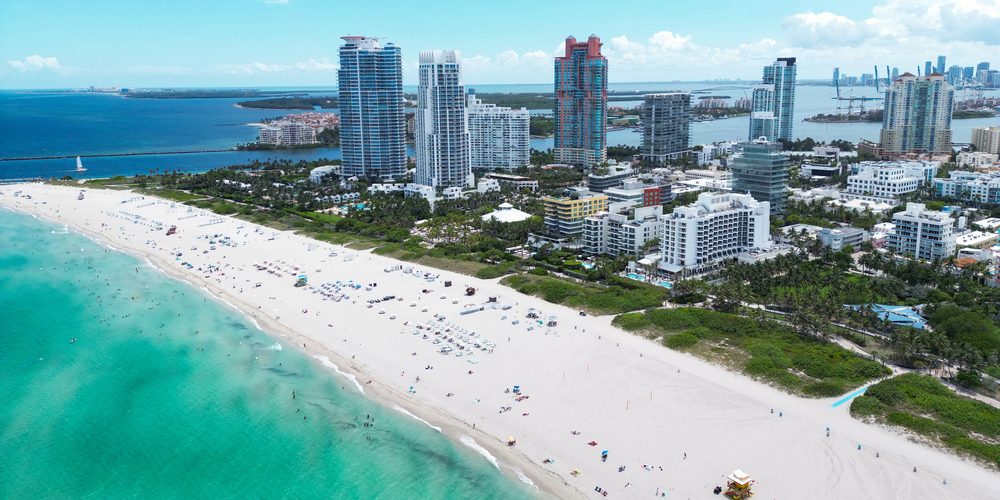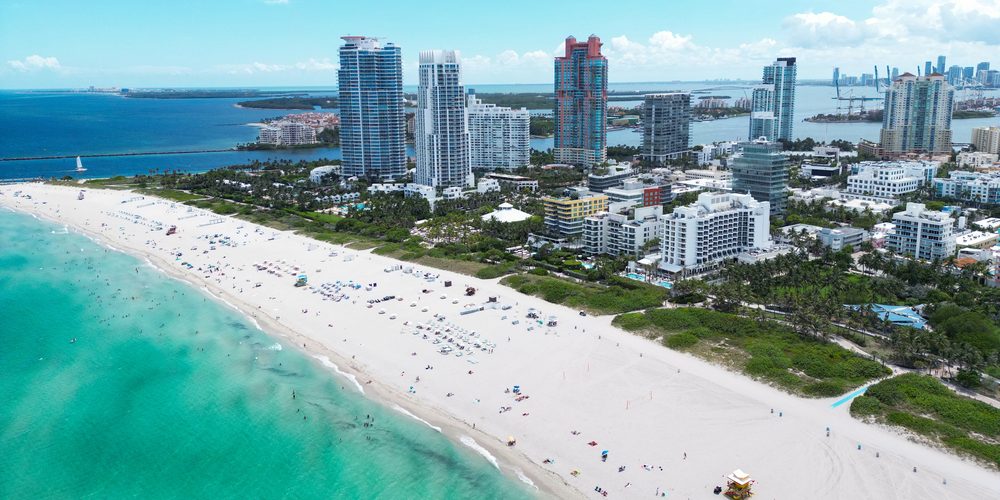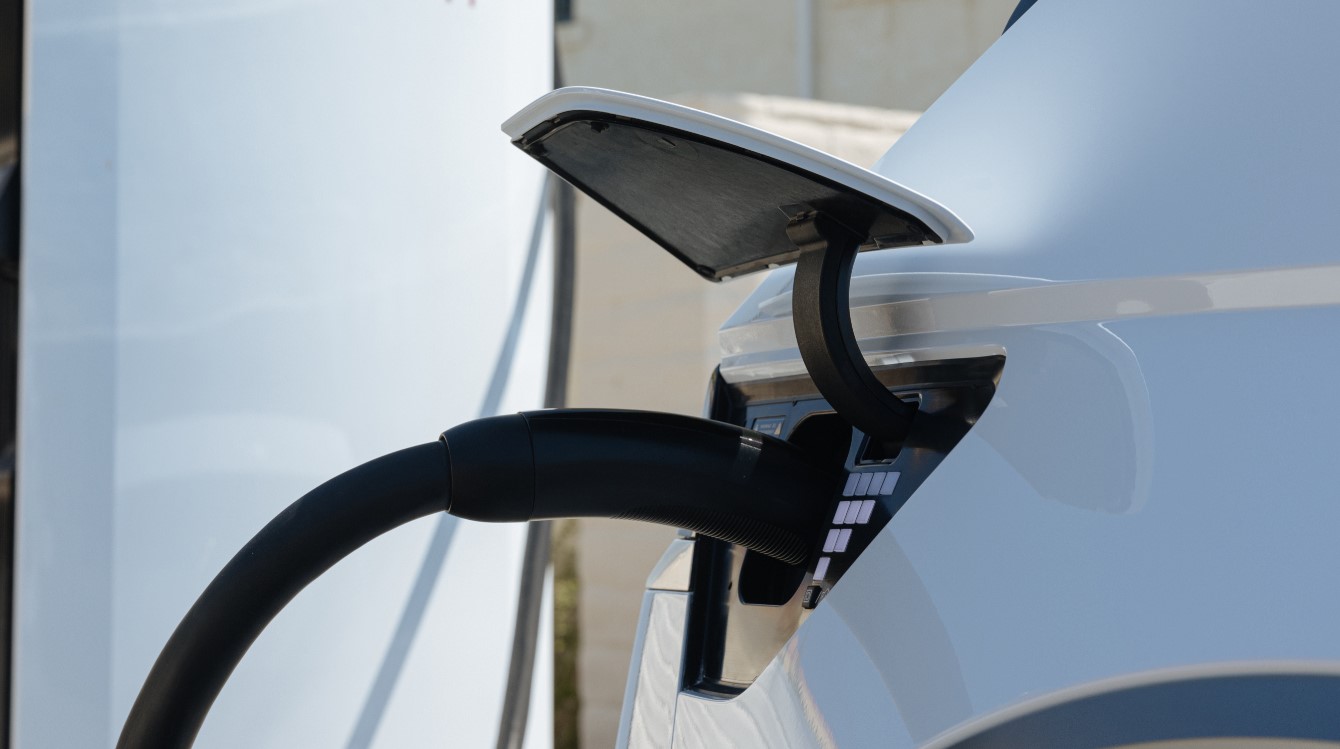Florida Orders Removal Of Miami Beach Rainbow Crosswalk


- Florida officials have removed Miami Beach’s rainbow crosswalk after ordering the elimination of all street art statewide.
- City leaders say the crosswalk honoured decades of LGBTQ+ struggle and inclusion, while critics accuse the state of targeting the community.
- Governor Ron DeSantis defended the removals, saying streets should be used for their “intended purpose.”
Workers from Florida’s Department of Transportation have removed Miami Beach’s rainbow-coloured crosswalk, a landmark tribute to LGBTQ+ history and pride, following a statewide directive to eliminate decorative street art. The action came just two days after city officials lost their appeal against the order, and by Monday, the Ocean Drive intersection had been covered in asphalt.
Miami Beach Commissioner Alex Fernandez confirmed that city public works employees had collected all of the removed paving stones to preserve them for future use. “This represented decades of people who endured housing discrimination, expulsion from the military, workplace discrimination, the stigma of HIV and AIDS, the fight for marriage equality, all the hard-won battles that took the LGBTQ community from being marginalised to now being a visible, celebrated part of the community,” Fernandez said.
The crosswalk, designed by the Savino & Miller Design Studio and installed in 2018, was created in the city’s signature Art Deco style using multicolour terrazzo pavers. Fernandez said the crosswalk followed federal safety standards and was one of the safest intersections in the area, with half as many crashes as the closest intersection to the south since 2018.
Florida’s Department of Transportation, under the administration of Republican Governor Ron DeSantis, ordered the removal of all street art earlier this year, warning that cities failing to comply could lose state transportation funding. Critics argue that the directive is the latest in a series of measures targeting the LGBTQ+ community, citing previous legislation restricting gender-affirming care and the state’s so-called “Don’t Say Gay” law, which prohibits classroom instruction on sexual orientation and gender identity.
DeSantis defended the policy, saying, “I think the street art got out of hand. I think it’s much better that we use crosswalks and streets for their intended purpose.”
The Miami Beach crosswalk was one of several removed across Florida, including a rainbow design honouring the victims of the 2016 Pulse Nightclub shooting in Orlando. That memorial was painted over at night in August, prompting residents to repaint it in rainbow colours. However, state crews later returned to cover it in black and white paint, reigniting outrage among LGBTQ+ advocates.
Not all murals ordered for removal celebrated minority groups. A “Back the Blue” mural outside Tampa police headquarters was also painted over as part of the same statewide directive.










